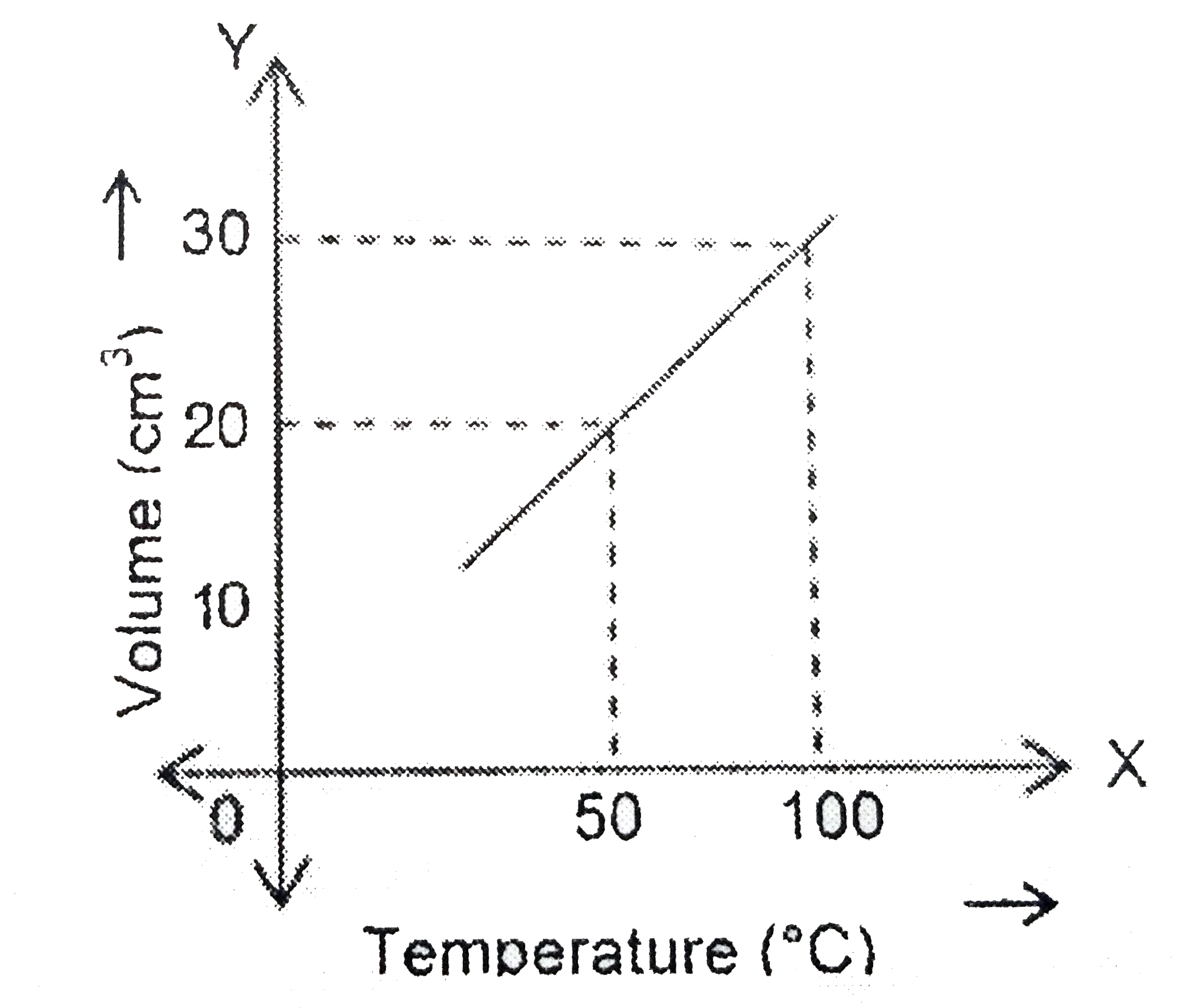Kc changes with change in _______.
The correct Answer is:temperature
To determine what affects the equilibrium constant Kc, we can follow these steps:
Step 1: Understand the Definition of Kc
The equilibrium constant Kc is defined for a reversible reaction at equilibrium. It is expressed in terms of the concentrations of the products and reactants.
Step 2: Write the Expression for Kc
For a general reaction:
aA+bB⇌cC+dD
The expression for Kc is:
Kc=(C)c(D)d(A)a(B)b
where (X) represents the concentration of species X.
Step 3: Analyze the Effect of Concentration Changes
When the concentration of reactants or products is changed, the system will shift to re-establish equilibrium according to Le Chatelier's principle. However, this does not change the value of Kc itself; it remains constant at a given temperature.
Step 4: Identify the Factor that Changes Kc
Experimental observations show that the only factor that changes the value of Kc is temperature.
Step 5: Differentiate Between Exothermic and Endothermic Reactions
- For exothermic reactions (releases heat), increasing the temperature will decrease Kc.
- For endothermic reactions (absorbs heat), increasing the temperature will increase Kc.
Final Answer
Thus, Kc changes with a change in temperature.
---
The equilibrium constant Kc is defined for a reversible reaction at equilibrium. It is expressed in terms of the concentrations of the products and reactants.
For a general reaction:
aA+bB⇌cC+dD
The expression for Kc is:
Kc=(C)c(D)d(A)a(B)b
where (X) represents the concentration of species X.
When the concentration of reactants or products is changed, the system will shift to re-establish equilibrium according to Le Chatelier's principle. However, this does not change the value of Kc itself; it remains constant at a given temperature.
Experimental observations show that the only factor that changes the value of Kc is temperature.
- For exothermic reactions (releases heat), increasing the temperature will decrease Kc.
- For endothermic reactions (absorbs heat), increasing the temperature will increase Kc.
Thus, Kc changes with a change in temperature.
Topper's Solved these Questions
- BOOK - PEARSON IIT JEE FOUNDATIONCHAPTER - CHEMICAL KINETICS AND EQUILIBRIUMEXERCISE - Level 222videos
CHEMICAL KINETICS AND EQUILIBRIUM
- BOOK - PEARSON IIT JEE FOUNDATIONCHAPTER - CHEMICAL KINETICS AND EQUILIBRIUMEXERCISE - Level 310videos
CHEMICAL KINETICS AND EQUILIBRIUM
- BOOK - PEARSON IIT JEE FOUNDATIONCHAPTER - CHEMICAL KINETICS AND EQUILIBRIUMEXERCISE - Essay type questions1videos
CHEMICAL KINETICS AND EQUILIBRIUM
- BOOK - PEARSON IIT JEE FOUNDATIONCHAPTER - ATOMIC STRUCTURE EXERCISE - LEVEL-38videos
ATOMIC STRUCTURE
- BOOK - PEARSON IIT JEE FOUNDATIONCHAPTER - CHEMICAL BONDING EXERCISE - Level 310videos
CHEMICAL BONDING
Similar Questions
Knowledge Check
- Question 1 - Select One
The radius of gyration (K) of a rigid body changes with change of :-
AAngular speedBAxis of rotationCBoth (1) and (2)DNever changes - Question 2 - Select One
Gibbs-Helmoholtz equation relates the free energy change to the enthalpy and entropy changes of the process as
(ΔG)PT=ΔH−TΔS
The magnitude of ΔH does not change much with the change in temperature but the enrgy factor TΔS changes appreciably. Thus, spontaneity of a process depends very much on temperature.
For the reaction at 298K,2A+B→C
Δh=100kcal and ΔS=0.020kclaK−1. If ΔH and ΔS are assumed to be constant over the temperature range, at what temperature will the reaction become spontaneous?A1000KB3500KC5000KD1500K - Question 3 - Select One
Assertion : Kp can be less than, greater than or equal to Kc
Reason : Relation between KpandKc depends on the change in number of moles of gaseous reactants and products (Δn).AIf both assertion and reason are true and reason is the correct explanation of assertion.BIf both assertion and reason are true but reason is not the correct explanation of assertion.CIf assertion is true but reason is false.DIf both assertion and reason are false.
The change in volume of a gas with change in temperature is plotted on a graph, as shown in he figure. Calculate the ratio of density at 50∘Cand100∘C
 View Solution
View SolutionFor a reversible system at a constant temperature, the value of Kc increases if the concentrations are changed at equilibrium.
View SolutionAssertion (A) : Kp can be equal to or less than or even greater than value of Kc
Reason (R) : Kp=Kc(RT)Δn
Relation between Kp and Kc depends on the change in the number of moles of gaseous reactants and products.View SolutionAssertion (A) : For gaseous reaction when Δn=0,Kp=Kc.
Δn= change in the number of gas moles
Reason (R ) : For gaseous reaction, Kp=Kc(RT)ΔnView SolutionIn the temperature changes from 27∘C to 127∘C, the relative percentage change in RMS velocity is
View Solution

